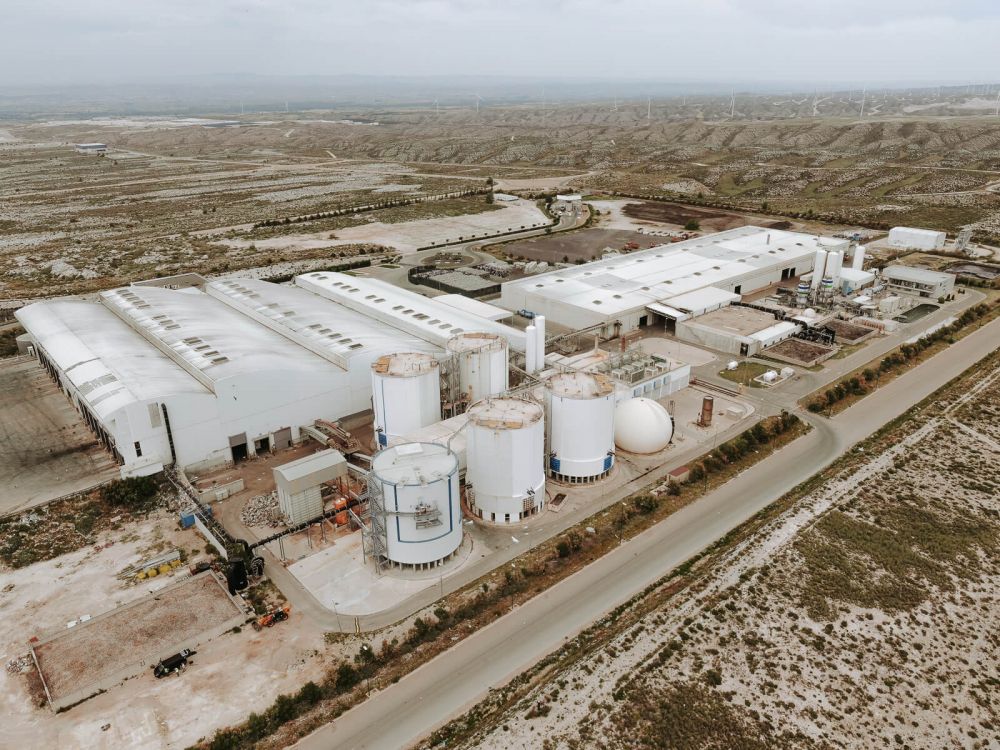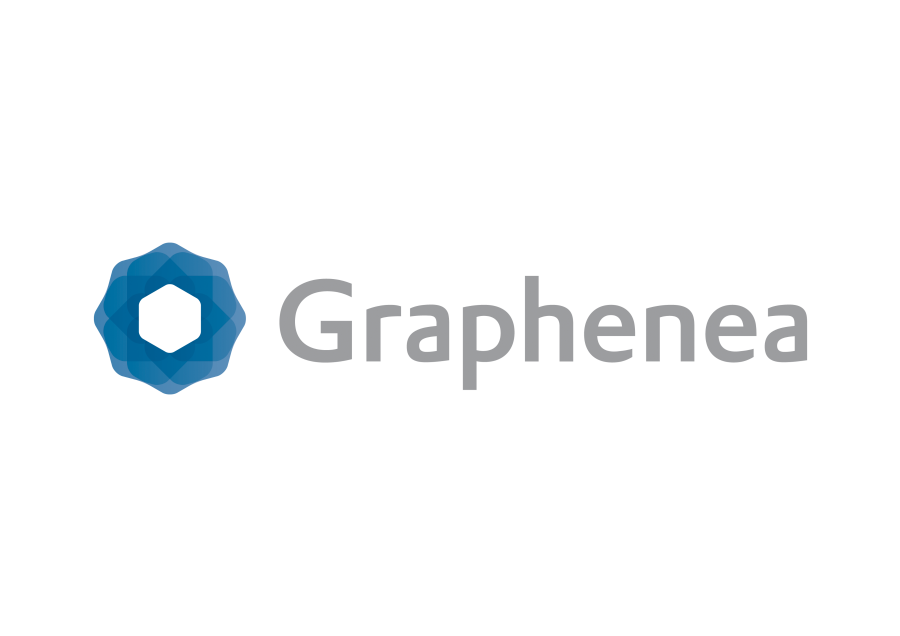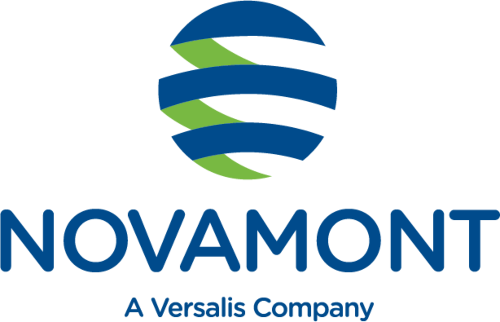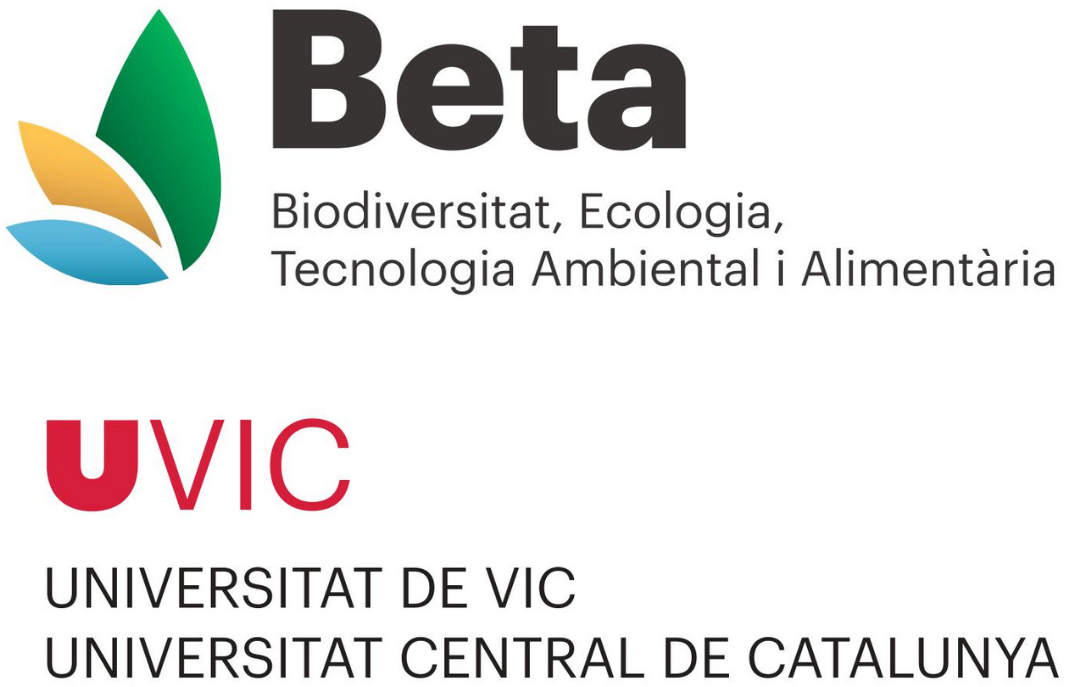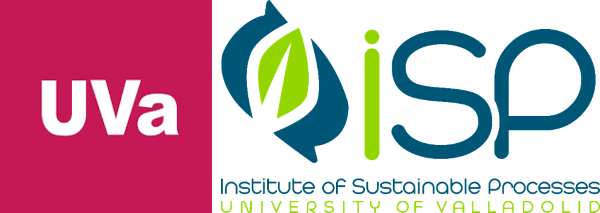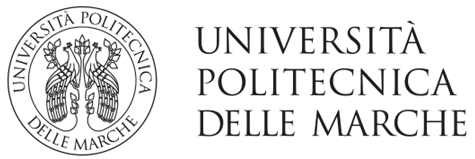News
Stay up to date with CIRCULAR BIOCARBON's latest news!
Turning urban waste streams into value-added products for cities
23 June 2021
ICLEI – Local Governments for Sustainability is part of the project CIRCULAR BIOCARBON, which kicked off on 1 June 2021, and will transform carbon from waste into high added-value products. The project will develop a first-of-its-kind flagship biorefinery, designed to turn the organic fraction of municipal solid waste (OFMSW) and sewage sludge (SS) into goods for industries and the end consumer, from mechanical moving parts, to night vision cameras and devices for 5G telecommunications.
The project will bring together 11 partners from five European countries (including Spain, Italy, Denmark, France, and Germany), and is a milestone for Europe, owing to its implementation scale (industrial level) and its replicability potential.
The biorefinery is a unique and integrated model with the process lines for the OFSMW and SS to be implemented in two locations, namely Zaragoza (Spain) and Sesto San Giovanni (Italy). Construction of the site in Spain will start in 2022 in the facilities of “Alfonso Maíllo” R&D+i centre, and in the Centre for Urban Waste Treatment of Zaragoza (CTRUZ), owned by the Municipality of Zaragoza and located in the Technological Park for Recycling (PTR). At the end of the project, a commercial-scale biorefinery will be in full operation designed in order to treat all the biowaste produced by a medium-sized city.
Urbaser, a global company for environmental management, and Socamex, the water branch of Urbaser, will coordinate this five-year project. Reflecting on this unique role, Eduardo Fernández, I+D+i Director at Urbaser said: “CIRCULAR BIOCARBON is a circular economy project, where the first biorefinery for the joint treatment of urban solid waste and sewage sludge at industrial level will be built and exploited. This aims at valorising the organic fraction of urban solid waste and sewage sludge coming from wastewater treatment plants into value-added products.”
Speaking about the importance of such a project, Simon Clement, Senior Coordinator of Circular Economy at ICLEI Europe, said: “as a global network of local and regional governments committed to urban sustainability, we are excited to be part of this flagship project. We believe the transition from a linear to a circular economy is greatly supported by projects like these and the solidarity of local governments through commitments like the Circular Cities Declaration.”
CIRCULAR BIOCARBON will set the basis for the demonstration, at a commercial level, of the feasibility of a biorefinery as a new waste treatment model for cities. It will open up the market for new products and new business frameworks based on a circular vision of waste treatment in cities and help pave the way towards a sustainable bioeconomy.
The project has received funding through the Bio-based Industries Joint Undertaking (BBI JU) which was established in 2014 and aims to implement the Strategic Innovation & Research Agenda (SIRA), developed by industry in collaboration with the EU to realise a bio-based economy as part of the broader Circular Economy Action Plan for Europe.
The Circular Biocarbon project consortium is comprised of partners that bring together a wealth of expertise and experience:
• Urbaser S.A.U. (Coordinator)
• Socamex, S.A.U.
• CAP Holding S.p.A.
• CemeCon Scandinavia A/S
• Graphenea Semiconductor S.L.U.
• Novamont S.p.A.
• Agro Innovation International
• ICLEI European Secretariat GMBH
• Fundació Universitària Balmes
• Universidad de Valladolid
• Università Politecnica delle Marche
Information on the Circular Economy Action Plan for Europe can be found here.
All news
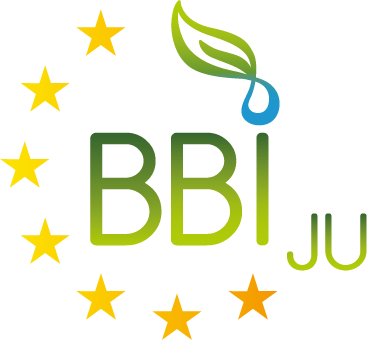


This project has received funding from the Bio-based Industries Joint Undertaking (JU) under the European Union’s Horizon 2020 research and innovation programme under grant agreement No. 101023280. The JU receives support from the European Union’s Horizon 2020 research and innovation programme and the Bio-based Industries Consortium.

